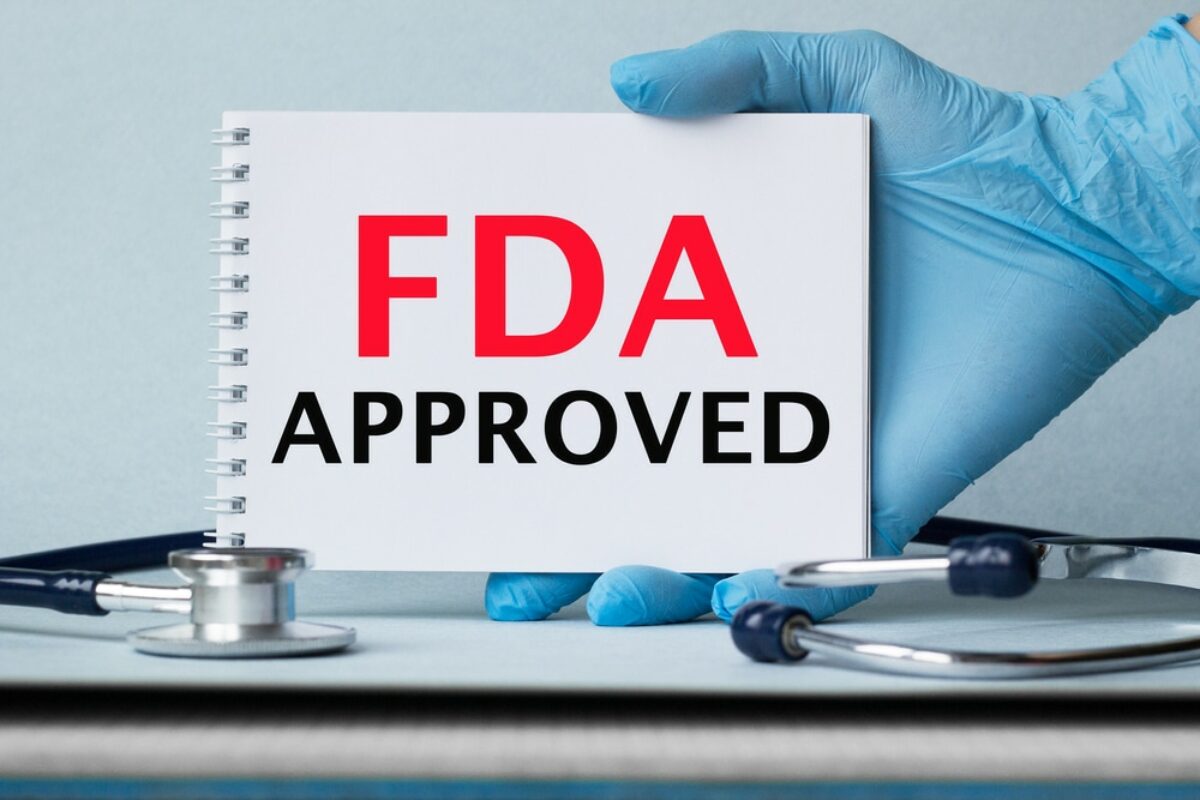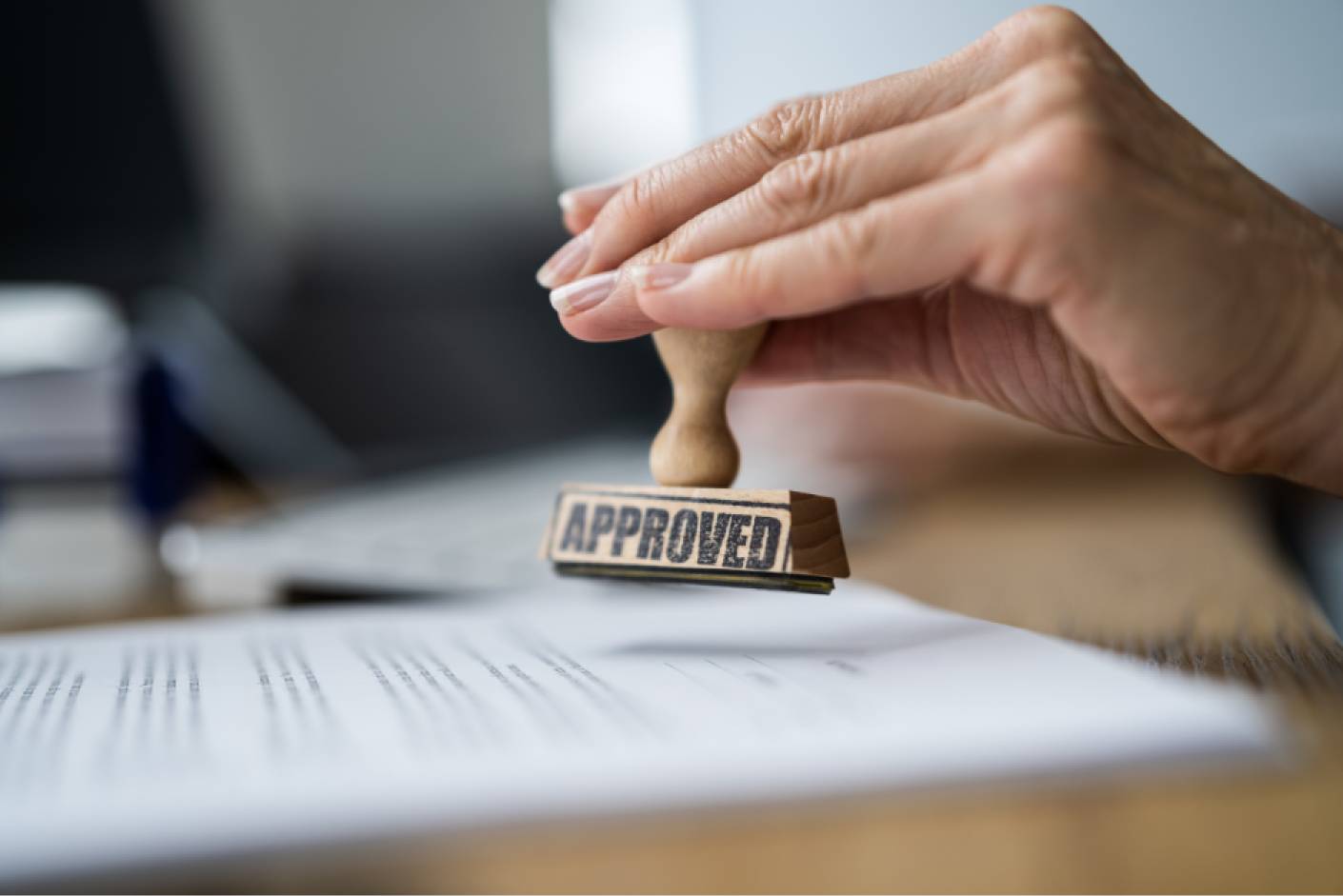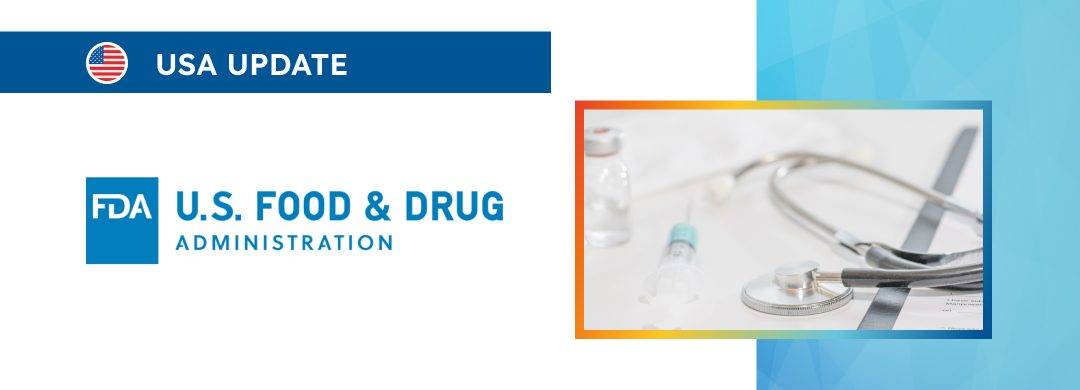The article outlines the key points associated with the enforcement policy related to certain supplements.

Table of content
The Food and Drug Administration (FDA or the Agency), the US regulating authority in the sphere of healthcare products, has published a guidance document dedicated to the enforcement policy for certain supplements for approved Premarket Approval (PMA) or Humanitarian Device Exemption (HDE) Submissions.
The document provides an overview of the applicable regulatory requirements, as well as additional clarifications and recommendations to be taken into consideration by medical device manufacturers and other parties involved to ensure compliance thereto.
At the same time, provisions of the guidance are non-binding in their legal nature, nor are they intended to introduce new rules or impose new obligations.
Moreover, the authority explicitly states that an alternative approach could be applied, provided such an approach is in line with the existing legal framework and has been agreed with the authority in advance.
First of all, it is important to mention that the role of the authority expanded significantly to address the challenges posed by the pandemic, particularly focusing on medical device supply chains and ensuring the safety and effectiveness of these devices during the respective public health emergency (PHE) associated with the outbreak of the Coronavirus Disease 2019 (COVID-19).
Regulatory Background
The FDA first issued guidance dedicated to the matter earlier in May 2020, acknowledging the need for rapid adjustments in manufacturing processes to ensure personnel safety and adapt to disruptions in supply chains caused by COVID-19.
This guidance allowed for certain changes without the standard requirement for a supplement submission under the Premarket Approval (PMA) or Humanitarian Device Exemption (HDE) frameworks.
Later in May 2022, the FDA updated this guidance to clarify specific circumstances under which modifications, such as microchip changes or software updates, would not pose an undue risk and were necessary due to manufacturing and supply chain constraints.
In March 2023, the FDA announced a significant extension of this guidance policy. The policy, initially set to expire with the COVID-19 PHE, was extended to continue for 180 days after the PHE’s conclusion.
This extension, published in the Federal Register, reflects the FDA’s response to the ongoing supply chain challenges and the widespread shortages of medical devices.

Rationale
The document further explains the rationale behind the FDA policy described herein. Since the issuance of the initial guidance in 2020, the FDA’s experience has shown that extending certain enforcement policies related to PMA and HDE supplements is beneficial in maintaining the supply chain’s integrity.
The FDA has evaluated the risks and benefits of these extensions, considering the needs of patients and healthcare providers. This experience underlines the necessity of continuing these policies beyond the initially planned period.
Despite the expiration of the PHE, the FDA notes that supply chain challenges and medical device shortages are still in place.
The updated guidance, therefore, removes any expiration date for the enforcement policy, allowing the FDA to continue monitoring the situation and revise or withdraw the guidance as future conditions warrant.
The authority additionally emphasizes that the approach described in the guidance is considered to be a less burdensome policy consistent with public health needs.
It is implemented immediately without prior public comment, under the provisions of the Federal Food, Drug, and Cosmetic Act. This immediate implementation is deemed necessary to prevent further exacerbation of ongoing supply chain issues.
Scope and Application of the Policy
The policy specifically addresses limited modifications to devices approved through PMA or HDE programs.
This includes changes made due to component unavailability, adaptations for social distancing in manufacturing, shifts in manufacturing facilities, and changes to packaging procedures.
The intent is to facilitate the management of manufacturing limitations and supply chain disruptions, ensuring an uninterrupted supply of medical devices.
Conclusion
In summary, the enforcement policy described in the guidance represents a strategic response to the unique challenges of the COVID-19 pandemic.
It is intended to balance the necessity for rapid adaptation in the manufacturing of medical devices with the ongoing commitment to ensuring their safety and effectiveness.
This guidance reflects the flexible approach followed by the FDA when dealing with the situation presented by the pandemic, prioritizing public health while accommodating the dynamic needs of the medical device industry to ensure the uninterrupted availability of vitally important medical devices.
How Can RegDesk Help?
RegDesk is a holistic Regulatory Information Management System that provides medical device and pharma companies with regulatory intelligence for over 120 markets worldwide. It can help you prepare and publish global applications, manage standards, run change assessments, and obtain real-time alerts on regulatory changes through a centralized platform. Our clients also have access to our network of over 4000 compliance experts worldwide to obtain verification on critical questions. Global expansion has never been this simple.

